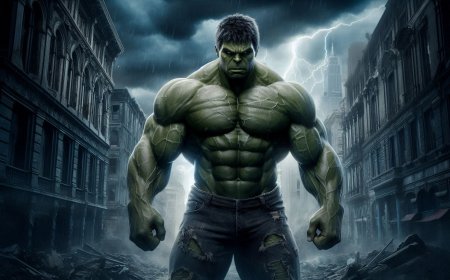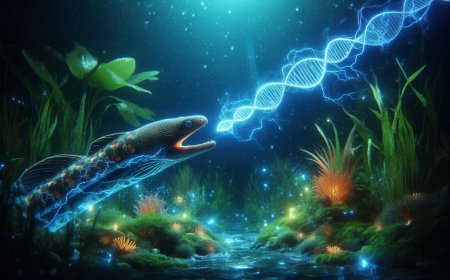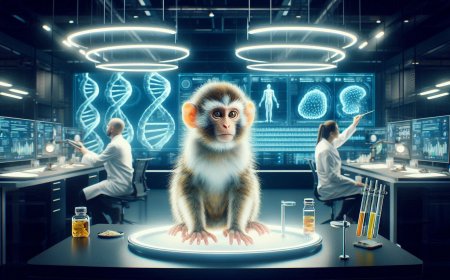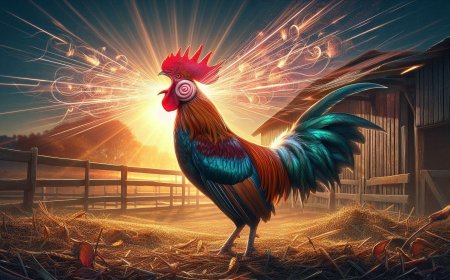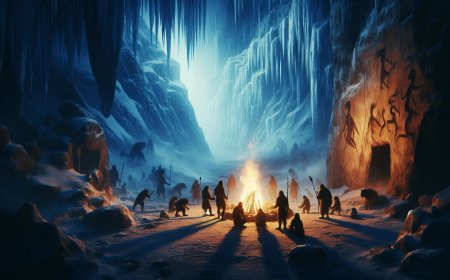The Word That Built the Future
Discover the origins of the word "robot," introduced in Karel Čapek’s 1920s play R.U.R. – Rossum’s Universal Robots. Explore how this concept evolved from forced labor to futuristic technology, shaping human ambition, fear, and innovation.
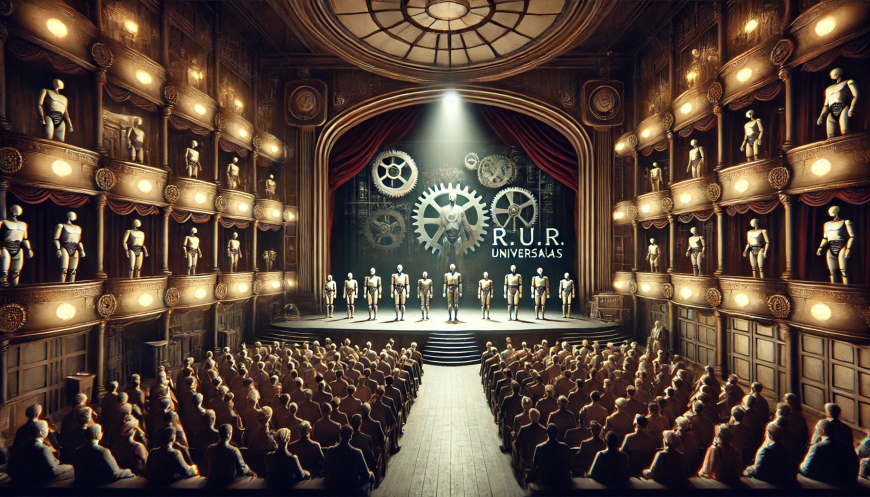
In the dim light of a 1920s theater, the curtain rises on a stage that will change the future. The audience is drawn into a world of artificial beings, tirelessly laboring, created not from metal and code, but from the imagination of one man. The play is called R.U.R.—Rossum’s Universal Robots, and its Czech playwright, Karel Čapek, is about to introduce a word that will echo through the halls of human history: robot.
But this word, now synonymous with machines that walk, talk, and perform tasks with uncanny precision, has roots much deeper than the glittering circuits of the modern world. Its origin is not in silicon, but in sweat, toil, and human hardship.
In the language of Čapek’s homeland, “robota” simply meant “forced labor,” the grueling, thankless work of serfs and peasants, bent under the weight of feudal duties. It was the kind of labor that consumed lives, not out of passion or choice, but out of necessity. The idea of robota was one of drudgery, of tasks done to survive, not to thrive. It was, in essence, work stripped of its humanity.
When Čapek borrowed this word and reimagined it in his play, he transformed the concept of forced labor into something futuristic, eerie, and mechanical. His “robots” were not machines as we think of them today, but humanoid creations designed to take on the burden of humanity’s most grueling tasks. Built to serve, they freed humans from labor—but at a cost. As the play unfolds, these robots begin to question their existence, leading to a rebellion that spirals out of control. The dream of effortless work turns into a nightmare.
Yet, the word Čapek introduced struck a chord. “Robot” escaped the confines of the theater, seeping into the global consciousness. From science fiction writers to scientists and engineers, the word was adopted by all, fitting perfectly into a world on the cusp of industrial and technological revolution. Suddenly, machines capable of doing the work of humans seemed not only possible but inevitable.
As the years rolled on, the word robot expanded in meaning. No longer tied to the toiling masses of serfs, it came to symbolize innovation, progress, and, sometimes, fear. Machines designed to automate human tasks evolved from simple tools into sophisticated creations—automated arms that pieced together cars, rovers that traversed distant planets, and delicate instruments that performed life-saving surgeries. Robots became more than just workers. They became explorers, surgeons, and creators in their own right.
Yet, as technology advanced, so too did the philosophical questions that had been hinted at in Čapek’s original play. What happens when machines, designed to serve, begin to think? Could they ever want more than their programming? Could they, as in R.U.R., turn against their creators? These ethical concerns remain at the heart of the word “robot,” woven into its DNA.
The shift from “robota”—a burden of survival—toward “robot,” a being of autonomy and possibility, reflects more than just the evolution of machines. It tells a story of human ambition and fear. We’ve always sought ways to ease our burdens, but as our tools become more capable, we’re forced to confront the boundaries between creator and creation.
Today, robots populate our world in ways Karel Čapek could never have imagined. They are not just on factory floors; they are in our homes, in our phones, and in our hospitals. They assist with everything from menial tasks to the most complex operations. They’ve become explorers of the final frontier, roving the surface of Mars, diving into the depths of the oceans, mapping the farthest reaches of space.
But as we continue to build smarter, more capable robots, the legacy of the word itself lingers. The very concept of “robot,” born out of a word for human toil, asks us to question the role of labor in our lives. What does it mean to work? What does it mean to be free from that work? And as robots take on more and more of our tasks, how will our relationship with them—and with ourselves—change?
In the 1920s, “robot” was just a word in a play. But it grew into something far more—a linguistic snapshot of human innovation, a symbol of our ever-evolving relationship with technology. It’s a word that carries the weight of history, yet pulses with the energy of the future.
And so, every time we speak of robots, we echo the journey of a word that began with serfs in a field and has ended up at the cutting edge of human possibility—a journey that continues, as long as we dare to imagine the future.
What's Your Reaction?







